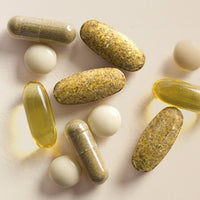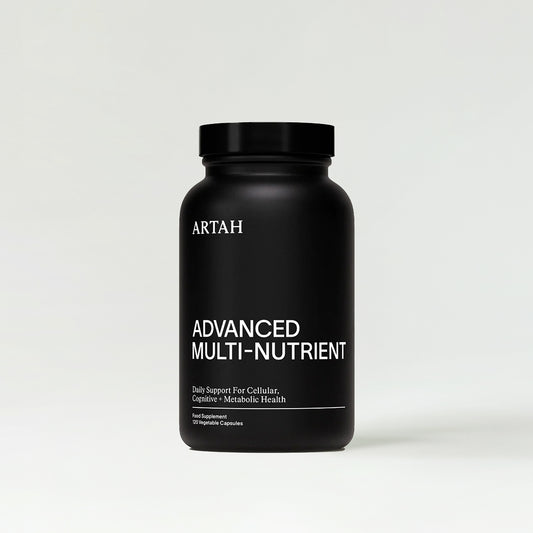As the days grow shorter and darker, many people notice a shift in their mood and energy levels. If you feel low, sluggish, or less motivated during the colder months, you may be experiencing Seasonal Affective Disorder (SAD) - a recognised type of depression that follows a seasonal pattern, most commonly during autumn and winter.
What is Seasonal Affective Disorder?
SAD is more than just a case of the "winter blues". It can have a real impact on daily life, affecting your mood, energy, sleep, and appetite. Common symptoms include:
- Persistent low mood or irritability
- Fatigue, even after sleeping well
- Sleeping more than usual
- Difficulty concentrating
- Loss of interest in usual activities
SAD symptoms tend to ease as daylight hours increase in spring and summer.
What causes SAD?
While the exact cause isn’t fully understood, it’s widely believed that reduced sunlight during the colder months plays a key role. Limited light exposure can disrupt your circadian rhythm (your body’s internal clock) and may affect levels of:
Melatonin: A hormone that regulates sleep; too much can make you feel more tired.
Serotonin: A neurotransmitter that supports mood; low levels are linked with feelings of sadness.
How to support your wellbeing naturally
If you suspect you’re affected by SAD, there are some gentle, effective lifestyle changes that may help:
- Prioritise natural daylight: Try to get outside in the morning, even on cloudy days. Natural light helps regulate your sleep-wake cycle and supports mood.
- Keep moving: Regular activity, such as walking, yoga, or gentle stretching, can improve energy and support emotional balance.
- Eat to nourish your mood: Include foods rich in B vitamins, magnesium, omega-3s, and complex carbohydrates to support mental wellbeing.
Nutritional support
Certain nutrients are scientifically proven to support the normal functioning of the nervous system and help reduce tiredness:
- Vitamin D: Contributes to the normal function of the immune system. Since sunlight is limited in autumn and winter, the NHS recommends everyone in the UK consider a daily vitamin D supplement during these months.
- Vitamin B6 and B12: Support normal psychological function and energy-yielding metabolism.
- Magnesium: Contributes to normal nervous system function and helps reduce tiredness and fatigue.
SAD is a common and understandable response to seasonal changes. The good news is, with small shifts in daily routine and the right nutritional support, you can take steps to feel more balanced, brighter, and better throughout the winter months.












